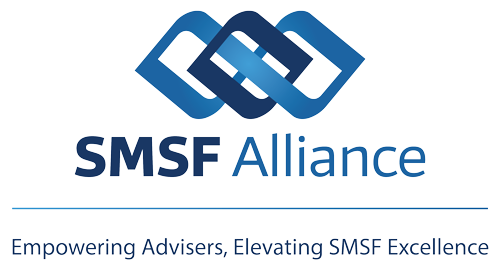The proposed retirement income covenant creates some interesting reading for financial planners. It will place an obligation on superannuation trustees to formulate, review regularly and give effect to a retirement income strategy outlining how they plan to assist their members to balance key retirement income objectives.
Trustees will be expected to assist members to make decisions such as:
- when to retire
- whether to keep their money in superannuation
- how to invest their savings, both in and outside of superannuation
- how to draw down their savings, both in and outside of superannuation; and
- their future expenditure and capital needs.
This includes the complex interactions of these decisions with other systems like tax, social security, aged care and housing. Where these objectives compete, the strategy should identify how trustees intend to assist members to balance these objectives and how this assistance will affect their retirement incomes.
These are all items that fall squarely within the province of financial planners however Treasury does not necessarily consider this to be financial advice depending on how specifically it is targeted.
I find it hard to understand how such a detailed consideration could be useful if it was not specifically targeted so I predict that conflicts will arise between specialist financial planners and generalist APRA fund trustees as to the most appropriate advice for members. This comparison is problematic given that the advice from one will require payment whilst “advice” from the other will probably be “free”.
SMSFs are excluded from the retirement income covenant though the members of SMSFs that have engaged financial planners are already receiving the considerations that Treasury envisage – but at a higher level than will be required.


